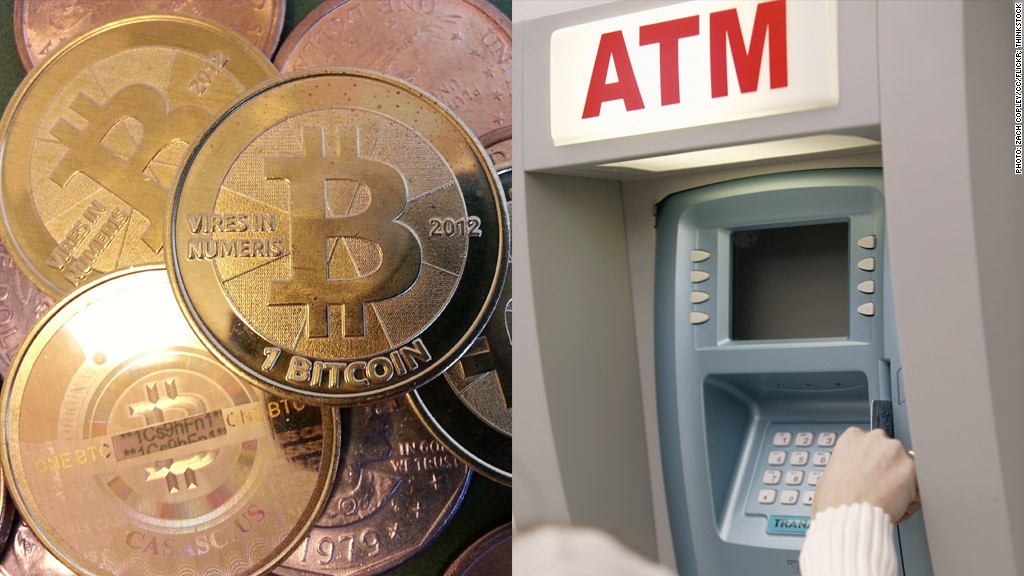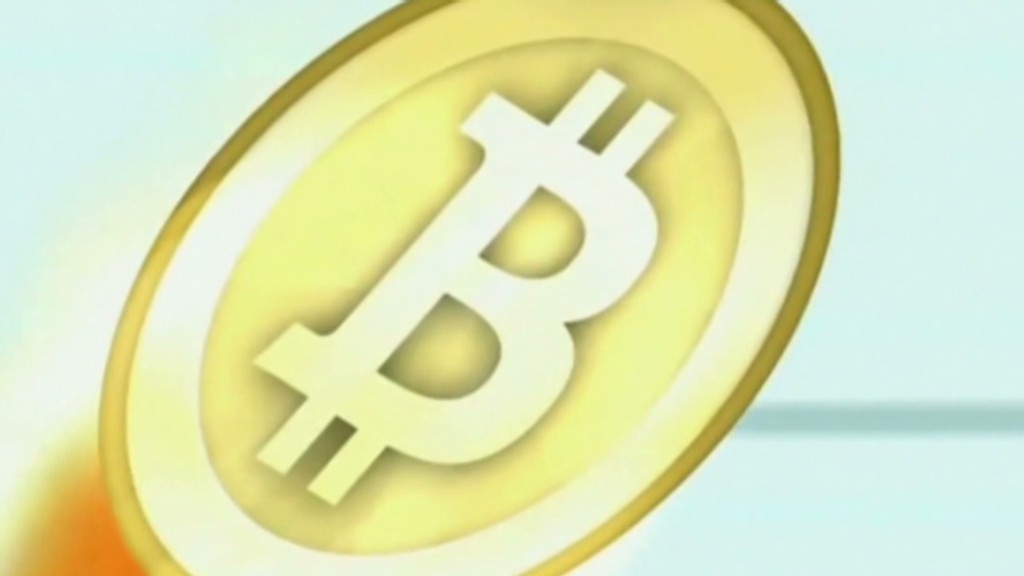
42-year-old media entrepreneur Jeff Berwick hopes to bring Bitcoin ATMs to a city near you soon.
Berwick expects to put the first two ATMs in Los Angeles and Cyprus in the next two weeks and is choosing between several different retail locations in both areas. He added that orders are coming in by the hundreds from 30 different countries.
Bitcoin, a virtual currency that was created four years ago, has generated tons of media attention in the past few weeks. The value of Bitcoins has surged in the wake of the botched bailout and mini-bank run in Cyprus and concerns about the health of government-backed paper currencies like the euro and dollar.
So how does a Bitcoin ATM work? Somewhat like a traditional ATM, says Berwick. Instead of connecting to your bank account, the software he and his team has developed is installed on an ATM and converts cash to Bitcoins stored in a Bitcoin wallet or extracts cash based on what's stored in your personal Bitcoin account.
Berwick will charge roughly $10,000 to ATM operators to maintain the machines and then split fees with those operators. He expects those fees to be around 3%. That's slightly higher than what you'd pay to get cash from an ATM outside your banking network.
So far, Berwick has used his personal savings to develop the software and build out the first prototype. He is currently hoping to raise between $1 million and $3 million in outside capital to get more ATMs in the hands of operators.
Related: Bitcoin prices go on a wild ride
Berwick says that getting a Bitcoin ATM up and running shouldn't be much more difficult than setting up any other ATM. In general, ATM operators must buy the machine, get cash into it and set up and maintain network connections to the Bitcoin wallets.
Last week, the Treasury Department's Financial Crimes Enforcement Network issued new guidelines outlining what anti-money laundering rules virtual currencies like Bitcoin must follow. Critics say that the currency's anonymity makes it particularly useful for money launderers. Members of Silk Road, an online drug bazaar, use it as their currency of choice.

While more cybercurrency rules may be coming, this isn't likely to hurt demand for Bitcoins and Bitcoin ATMs.
Virtual currencies are a quickly evolving marketplace. Right now, Bitcoin investors can trade in their coins for cash through a number of sites like Coinbase and BitInstant that work directly with banks to facilitate transfers. Some vendors are starting to accept the coins too, including the blog hosting site WordPress and the online community Reddit.
Related: The bitcoin trade: Higher, Higher, Higher!
Still, the potential pitfalls to maintaining a functioning Bitcoin ATM seem endless. On Wednesday, with Bitcoin prices soaring, Mt. Gox, one of the major trading exchanges, was offline at various times during the day. And while the overall network for creating Bitcoins is considered safe as it is monitored by a network of roughly 20,000 computers, some of the virtual "wallets" have been hit by hackers
Berwick, who runs the website Dollar Vigilante, has no doubt that Bitcoins will become even more ubiquitous. He hopes that Bitcoins can simply be used to buy and sell goods and services.
But it doesn't appear as if the latest Bitcoin craze is due to more people actually wanting to use the currency for purchasing things in the real world. Some Bitcoin buyers appear to be speculating in the currency, as its price has tripled to more than $140 in the past month. Just two and a half years ago, the price of a Bitcoin was 5 cents, according to Mt. Gox. This is clearly a risky market right now. Individual investors would be wise to avoid it.
That said, the economic turmoil in Cyprus was the main catalyst for the recent Bitcoin spike. And with no end in sight to Europe's sovereign debt crisis, more financial tremors in the eurozone seem likely.
"If Cyprus happens in Ireland next or Spain or Italy, more people will start coming to Bitcoin," Berwick said.





